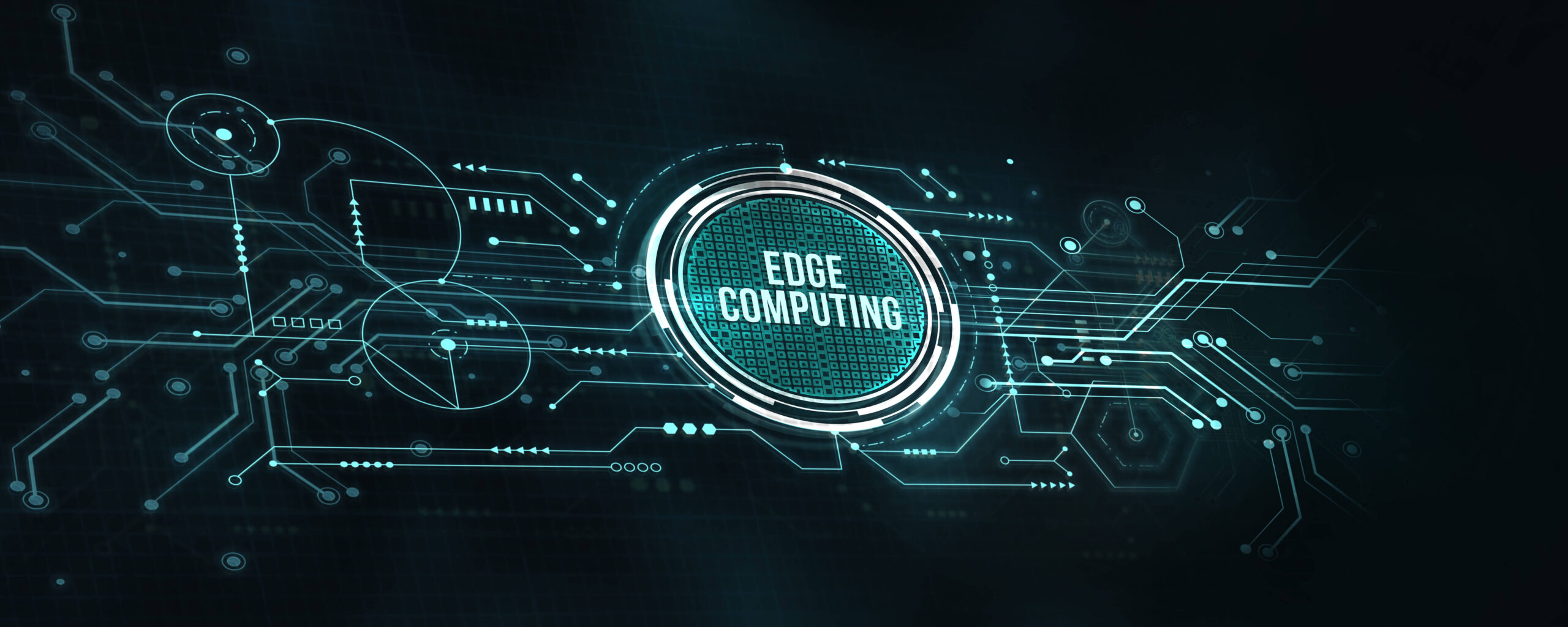As the digital transformation sweeps through industries worldwide, education is no exception. Schools, universities, and other educational institutions are rapidly adopting advanced technology to enhance learning experiences, streamline administration, and provide more opportunities for students. However, this shift towards a more digital learning environment has introduced unique challenges, including the need for reliable, secure, and scalable IT infrastructure. That’s where micro data centres come in.
In this blog, we’ll explore how micro data centres are revolutionising the education sector, offering a smarter, more efficient solution to meet the rising demands of digital learning.
The rise of digital learning
Over the past decade, education has undergone a major transformation. The traditional classroom model has expanded into digital platforms, enabling a more flexible, personalised approach to learning. This shift has been accelerated by several key trends:
- E-learning – Online courses, webinars, and virtual classrooms have become an integral part of modern education. Students can now access learning materials from anywhere in the world, on any device.
- Smart classrooms – Interactive whiteboards, AI-driven learning platforms, and smart devices are transforming the physical classroom into a tech-savvy learning hub.
- Data-driven education – From student performance analytics to adaptive learning tools, data is playing a crucial role in enhancing educational outcomes.
These trends are driving a massive increase in data generation and storage requirements. Educational institutions need IT systems that can support these innovations reliably and securel – this is where micro data centres shine.
What are micro data centres?
Micro data centres are compact, self-contained units that provide the same capabilities as traditional data centres but on a smaller scale. They include power, cooling, security, and networking components in one modular solution, making them ideal for organisations that require IT infrastructure close to the point of use.
Why micro data centres are perfect for education
For educational institutions, micro data centres offer a range of advantages over conventional, centralised data centres, particularly in terms of efficiency, cost-effectiveness, and flexibility.
Edge computing for low latency
One of the main advantages of micro data centres is their ability to support edge computing. In education, this means that critical applications such as e-learning platforms, student management systems, and AI-powered learning tools can be processed locally, close to where the data is being generated. This reduces latency, ensuring faster response times and smoother performance for students and educators alike.
With micro data centres deployed on campus or even in individual schools, institutions can offer seamless digital experiences without the delays that often come with relying on a centralised cloud server located miles away.
Cost-effective solutions
Budget constraints are a common concern in education. Schools and universities often need to balance the need for technological advancement with limited resources. Micro data centres offer a cost-effective alternative to building or expanding large-scale data centres. Their modular design allows institutions to start small and scale up as their needs grow, reducing the upfront investment.
Additionally, micro data centres are energy-efficient, which can help educational institutions reduce operational costs. The precision cooling systems used in micro data centres, like those offered by Zella DC, ensure that only the required components are cooled, optimising energy consumption and lowering utility bills.
Enhanced data security and privacy
Educational institutions handle sensitive data, including student records, personal information, and research data. Ensuring this data is secure is paramount, especially with the rise of cyber threats targeting the education sector.
Micro data centres offer robust security features, including encryption, firewalls, and physical security measures like biometric access control. By keeping critical data on-site, educational institutions have greater control over who can access it and how it’s stored. This localised approach also ensures compliance with data privacy regulations, such as the General Data Protection Regulation (GDPR), which requires certain types of data to remain within a specific geographical area.
Scalability for growing institutions
As schools and universities grow, so do their IT needs. Traditional data centres can be expensive and time-consuming to scale. In contrast, micro data centres are highly modular, allowing institutions to easily add capacity as their data requirements increase.
This flexibility is particularly beneficial for educational institutions planning to expand their digital infrastructure. Whether it’s adding more online courses, upgrading classroom technology, or supporting new research initiatives, micro data centres can grow alongside the institution without the need for a complete overhaul of the IT system.
Supporting remote learning
The shift towards remote learning, driven by the COVID-19 pandemic, highlighted the importance of having reliable, localised IT infrastructure. Micro data centres play a crucial role in supporting remote learning by ensuring that online courses and virtual classrooms can operate smoothly, even if students and teachers are located far from the institution’s centralised servers.
By processing data at the edge, micro data centres reduce the strain on bandwidth and prevent bottlenecks, making remote learning more accessible and reliable for everyone involved.
The future of education is powered by micro data centres
As the education sector continues to embrace digital transformation, the demand for reliable, efficient, and scalable IT infrastructure will only grow. Micro data centres offer a solution that meets these needs, enabling educational institutions to provide top-tier digital services while keeping costs under control.
At Zella DC, we’re proud to be at the forefront of this revolution, providing micro data centres that are not only compact and cost-effective but also secure, sustainable, and scalable. Whether you’re a school looking to upgrade your IT infrastructure or a university aiming to expand your digital learning capabilities, micro data centres can help you achieve your goals.
Get in touch today to find out how Zella DC’s micro data centres can revolutionise your educational institution’s IT infrastructure and support the future of smart learning.






